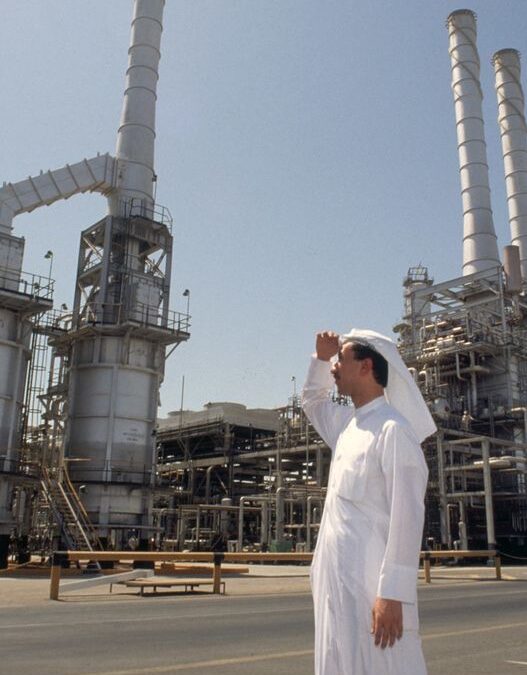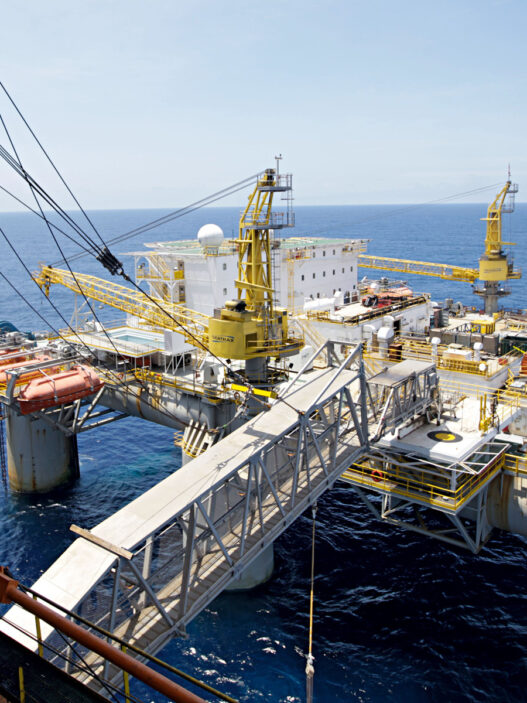The Pendulum Swings: Oil’s Dramatic Price Shift
Powered by MasterCFA.com
What Happened?
Oil prices have started to recover after a significant 7% drop last week. Brent crude futures and U.S. West Texas Intermediate crude futures both saw modest gains in Asian trading on Monday. This comes after concerns about Chinese demand and easing tensions in the Middle East caused the largest weekly decline since September 2.
Why Does This Matter?
Impact on the Economy:
Oil price fluctuations have far-reaching effects on the global economy. As a key input for various industries, changes in oil prices can influence inflation rates, consumer spending, and overall economic growth.
Personal and Business Effects:
- For families: Fluctuating oil prices affect gasoline costs, impacting household budgets.
- For businesses: Energy-intensive industries may see changes in operational costs, potentially affecting product prices and profit margins.
Economic Theories in the Real World
Theoretical Concepts in Action:
1. Supply and Demand Dynamics
The article showcases the classic economic theory of supply and demand. China’s slowing economic growth has raised concerns about oil demand, while geopolitical tensions in the Middle East affect supply perceptions.
2. Price Elasticity of Demand
The oil market’s reaction to China’s economic slowdown demonstrates the concept of price elasticity of demand. As the world’s top oil importer, changes in China’s demand significantly impact global oil prices.
3. Geopolitical Risk Premium
The easing of concerns about potential supply disruptions in the Middle East illustrates the concept of risk premium in commodity pricing.
Real-World Application:
Historically, we’ve seen these theories play out in events like the 1973 oil crisis. When OPEC imposed an oil embargo, the sudden supply shock caused prices to skyrocket, demonstrating the immediate impact of supply-demand imbalances and geopolitical factors on oil prices.
A hypothetical example could be: If China were to implement aggressive economic stimulus measures, it could boost oil demand, potentially leading to a sharp increase in prices. This would showcase how macroeconomic policies in one country can have global ripple effects through commodity markets.
Crystal Ball Gazing: What’s Next for Oil?
What Could Happen Next?
- Chinese Economic Policies: Further stimulus measures from China could boost oil demand and prices.
- Middle East Tensions: Escalation or de-escalation of conflicts could cause rapid price swings.
- Global Economic Recovery: Post-pandemic economic growth patterns could reshape oil demand.
- Renewable Energy Transition: Accelerated adoption of green technologies might put long-term pressure on oil prices.
Beyond the Pump: Why This Matters to You
Why You Should Pay Attention:
Understanding oil price dynamics is crucial for making informed financial decisions. It can help you:
- Anticipate changes in your personal expenses, like transportation costs.
- Make better investment choices in energy-related stocks or commodities.
- Understand broader economic trends that might affect your job or business.
- Develop a more nuanced view of global economic interdependencies.
Fueling Your Curiosity: Questions to Ponder
- How might prolonged low oil prices affect the transition to renewable energy sources?
- What strategies could oil-dependent economies adopt to diversify their revenue streams?
- How do oil price fluctuations impact different sectors of the economy differently?
- In what ways could advancements in energy efficiency technologies influence long-term oil demand?
- How might the geopolitical landscape shift if major oil-producing nations face sustained low prices?
Keep Learning with MasterCFA: Staying informed about oil price dynamics and their economic impacts is essential for any budding analyst. Dive deeper into these topics to enhance your understanding and prepare for the CFA Exam. Explore more insightful articles and resources with MasterCFA to stay ahead in your finance career.















